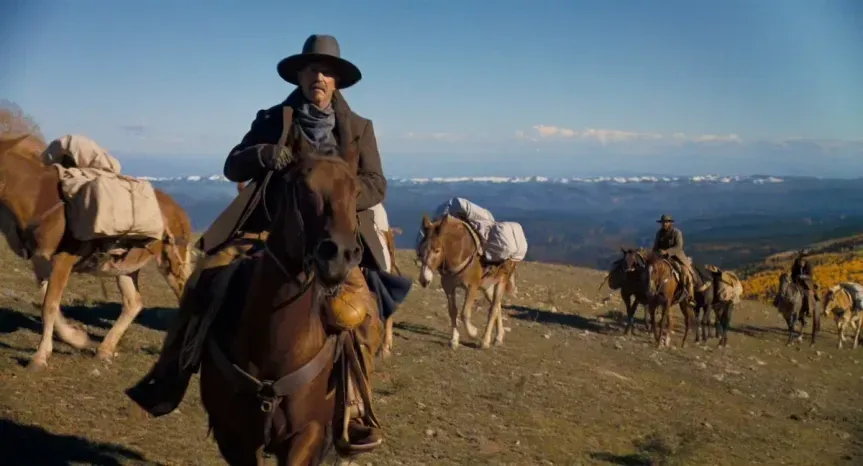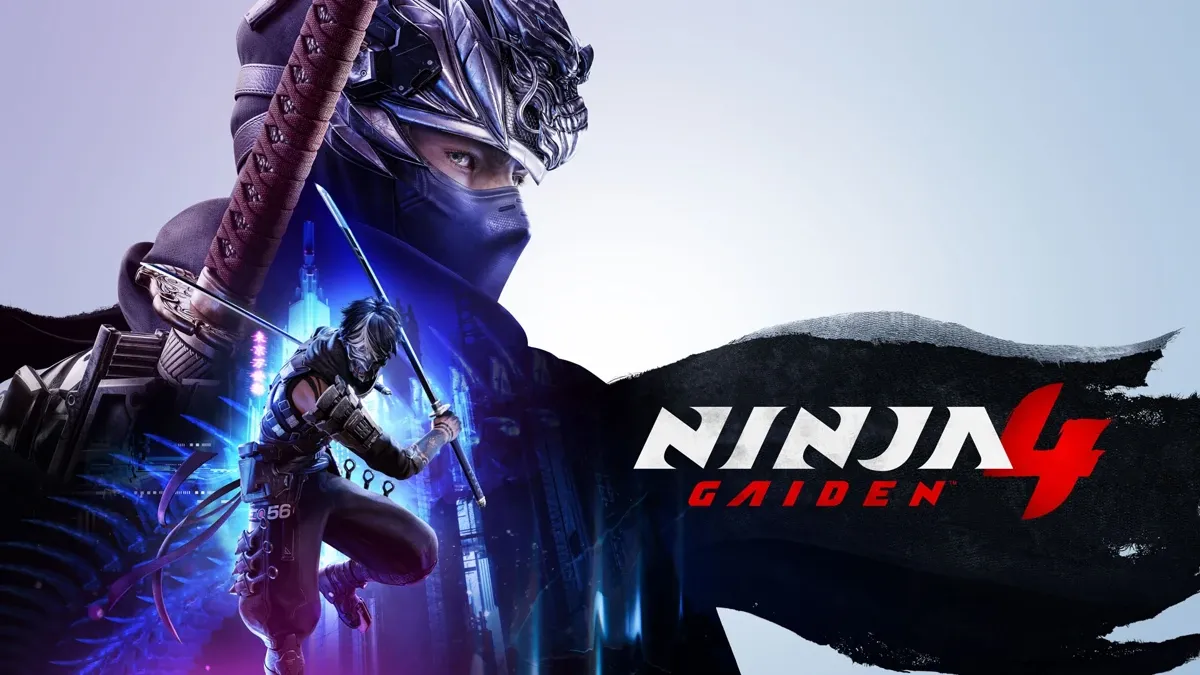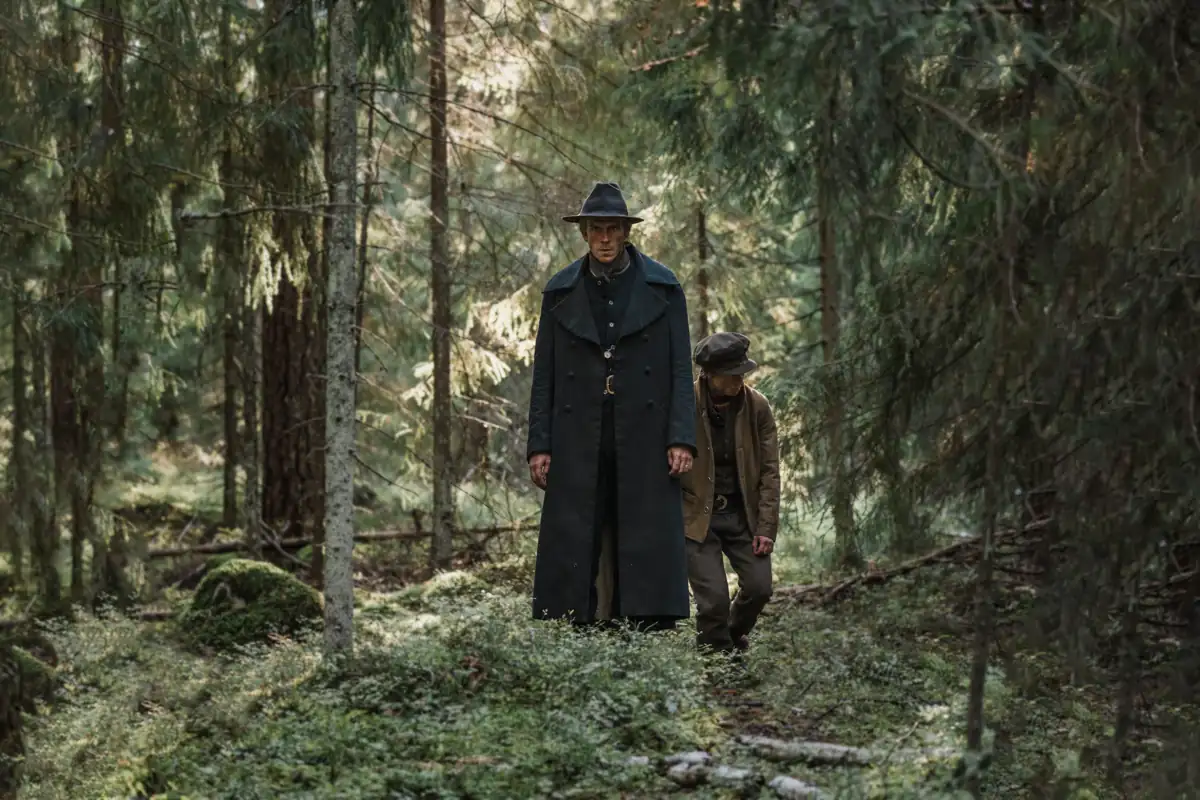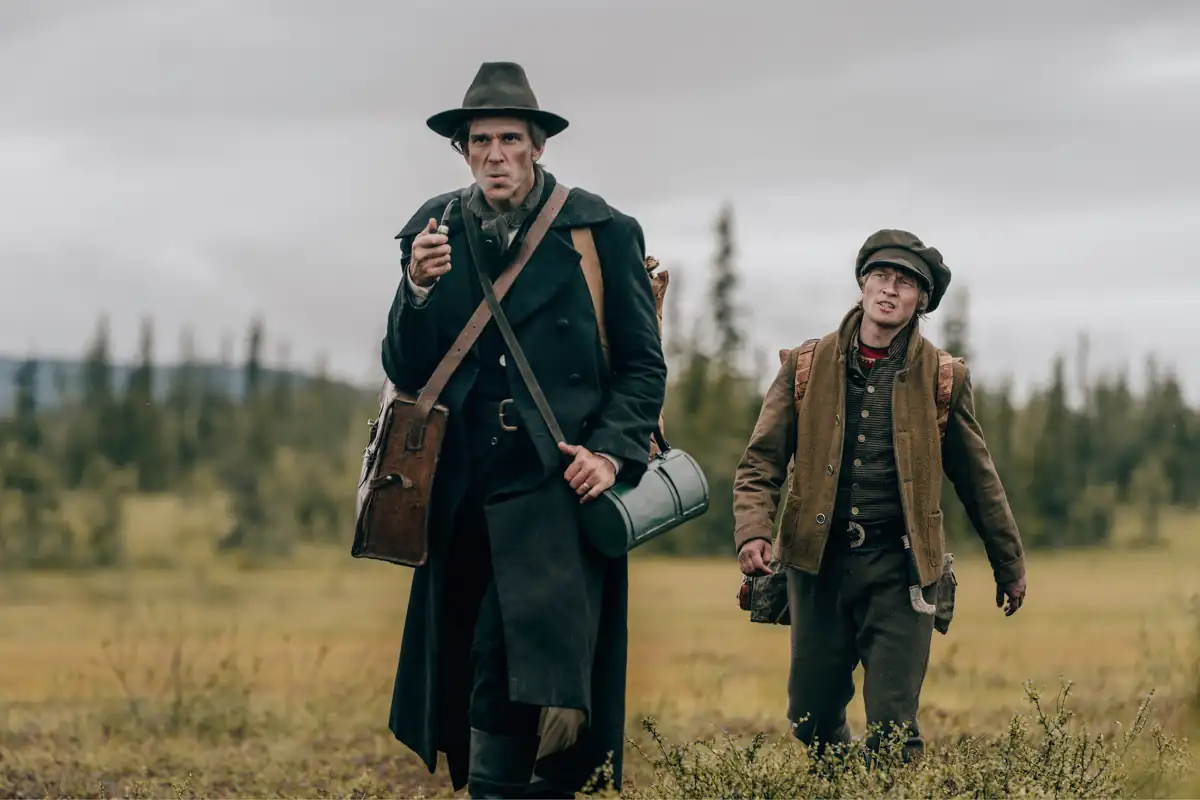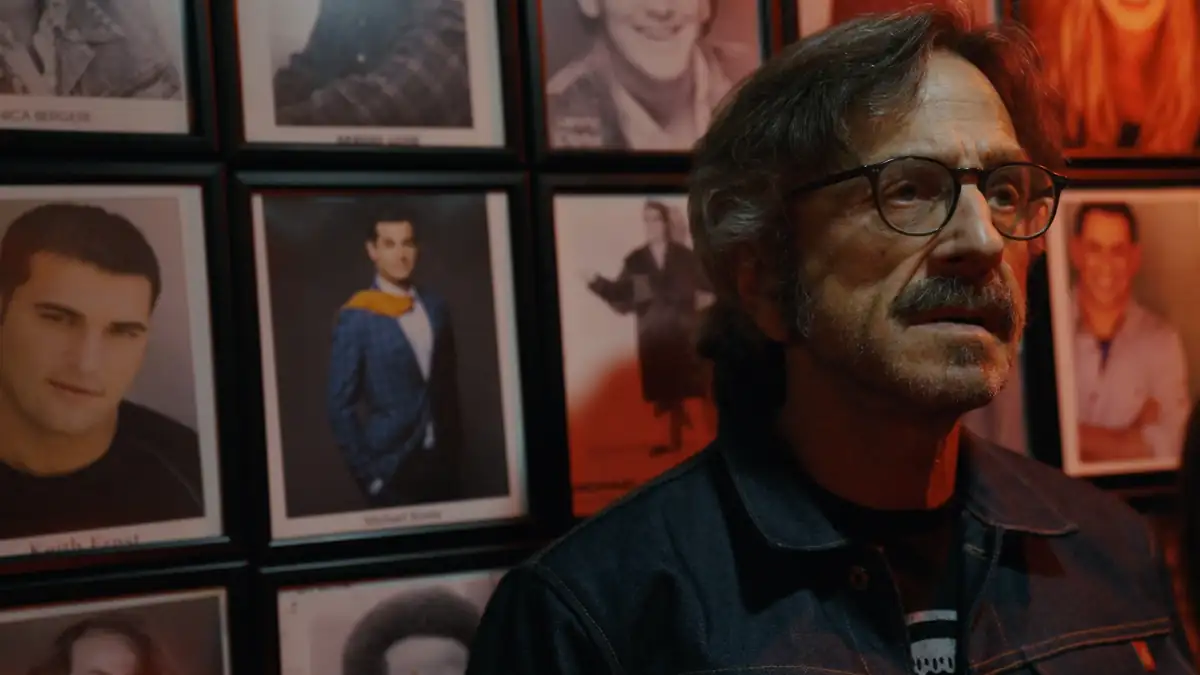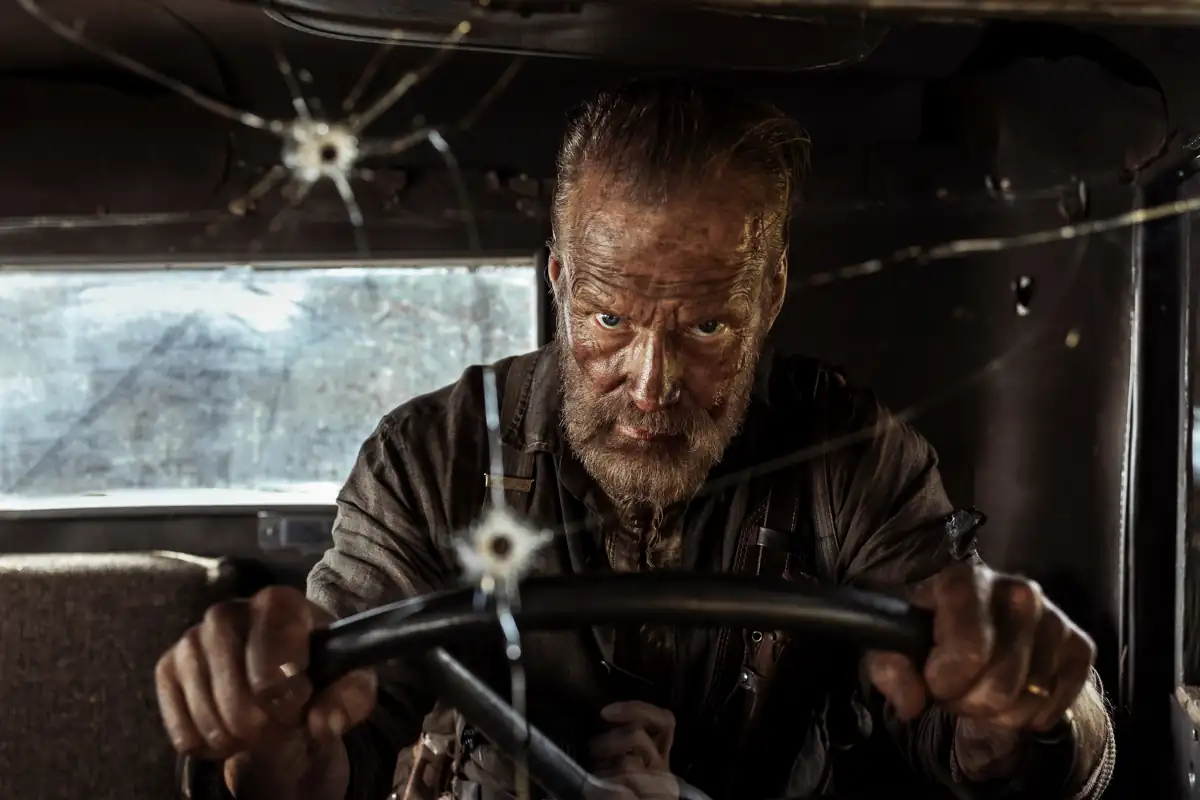We see a man tending the foundations of his home. This is his future: a vague promise of a manifest destiny.
Others arrive. They, too, are driven by this desire to expand into the vastness. From a distance, those who were here before watch with fear and anger. Their land is under threat, and the new lives of others would mean the end of theirs. When the inevitable clash happens, we don’t see it. Time passes, the bodies are buried, and others come to try their luck.
In Kevin Costner’s Horizon: An American Saga, America is a land of constant redefinition. It is a poetic encapsulation of frontier life, the invasive act of colonization, and the vastness of the human condition. Told skillfully by all involved, it is – even as a first part of four – already one of the great American westerns.
This is a film that invites you on the long road ahead, and spends most of the first three hours of the saga just introducing its vast array of characters. They’re scattered among the states, some looking for homes; others for work; some to release their putrid inner nature; and some out to find their purpose. Their paths cross and recross, yet each story is separate, drawn together by the illusive promise of a home in a town advertised as Horizon.
While the characters are plenty, the stories themselves are simple. Yet they’re told with the opulence that Costner has always understood. Like John Ford or Akira Kurosawa, he crafts his archetypes with such finesse that we recognize them even when we might be uncertain of their names. Take, for example, the two brothers out hunting for a woman who wronged their family. One of them is Caleb, the other might be Junior. But it doesn’t matter. We separate them from their gait, their large performances, and the immaculate costume design.
This simplicity is partly due to necessity, but there is also a classical quality to it. Costner understands that we don’t need particular to understand universal themes of love, loss, and longing. He paints the frontier throughout months and years in vivid detail, but never lingers on a single point for too long. In doing so, Horizon becomes a series of vignettes, each more poignant as we realize they’re gone, never to return.
As with Dances with Wolves, Costner refuses to paint this as a story of American exceptionalism. The west was never that simple. In Horizon, we witness the cruelty and callousness inflicted upon the indigenous population. We see how it stokes a fire within the young, who turn to war against everyone. In one of the hardest scenes to watch, Costner stages an assault on a village with only women and children. The local towns pay for scalps, but they’re not particular where they come from. It is the blindness that racism and ignorance breeds.
Costner refuses to hog the limelight. It takes well over an hour before he first arrives on screen, and his part, though vital, is limited in comparison to the sprawling cast. Once again, he is an outsider, a roaming cowboy out for one job or another, who is thrust into the center of events that sweep him along. Almost 70, Costner leans into his rugged good looks, but also downplay the trademarks that made him such a heartthrob. There’s a loneliness that eats away at his character. He’s alone not just because of his work, but because of something in society that keeps him at arm’s length.
The cast, familiar faces and reliable character actors, is uniformly impressive. They all know their assignment, and everyone grounds the mammoth scale with deeply humane performances. Before the credits, we see a teaser of things to come, and it’s then we realize that this is only half of the full roster of talent involved.
Horizon is a beautifully crafted film that comes at a time when westerns have once again been pronounced dead. It is now the third time that Costner has returned to the genre and revitalized it. Each of his films, Dances with Wolves, Open Range, and now Horizon, explores a different facet of the same frontier. They are inquisitive, sincere, and heartfelt films about what drives us into the unknown; and why we react with violence when we meet it? When that violence breaks out, it is fast, ugly, and brutal.
Horizon is the work of a master craftsman that burns bright and passionately. It never feels a minute too long, even at three hours in length. It leaves us with questions and a desire to learn more about these characters we’ve come to love. Some might ask why it isn’t a television series, and the answer to that should be obvious: Kevin Costner is a filmmaker. His canvas is the screen. Horizon is a film meant to be shared, Costner said at the opening gala. Like the tradition of campfire stories or the great American novel, it’s a mammoth work to get lost in.
It defies modern expectation and single-handedly carves its own path. It is a poignant reminder of the power of good storytelling that is unbound by genre and time.

